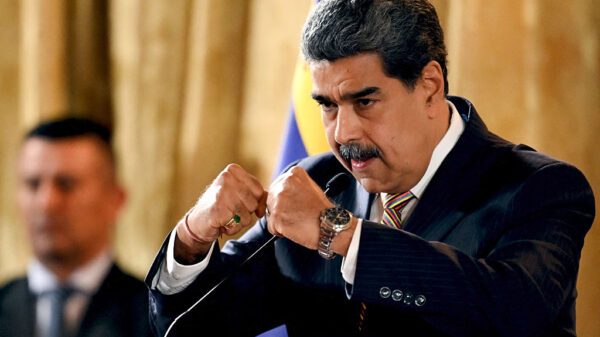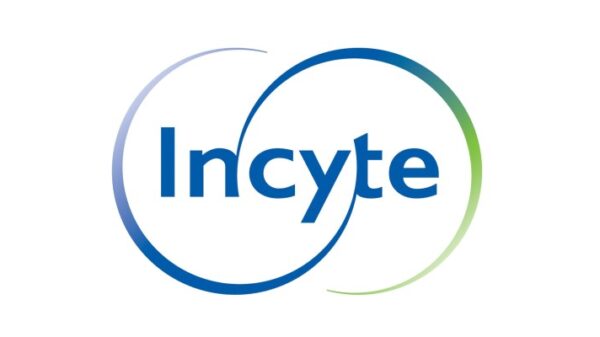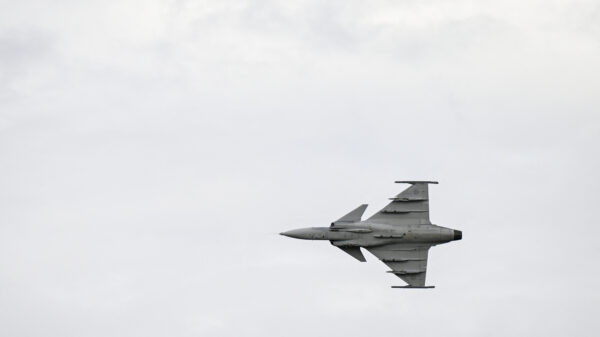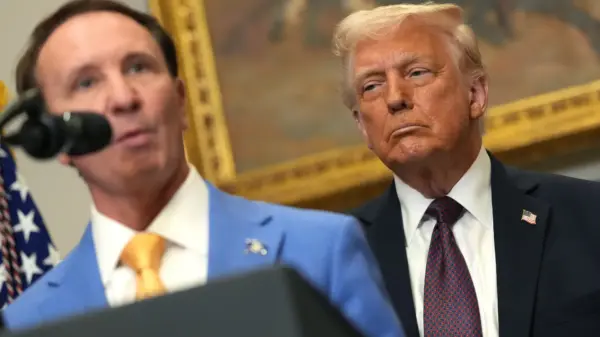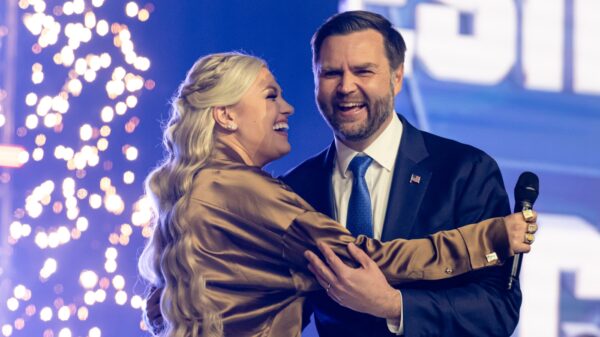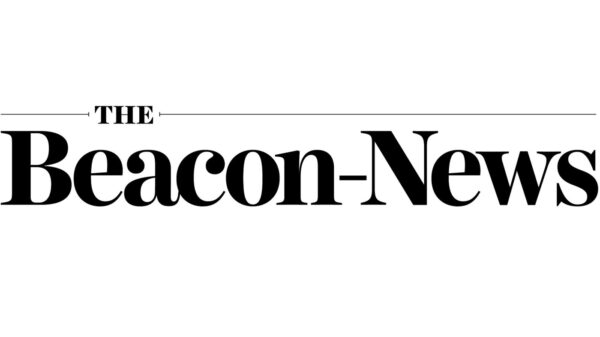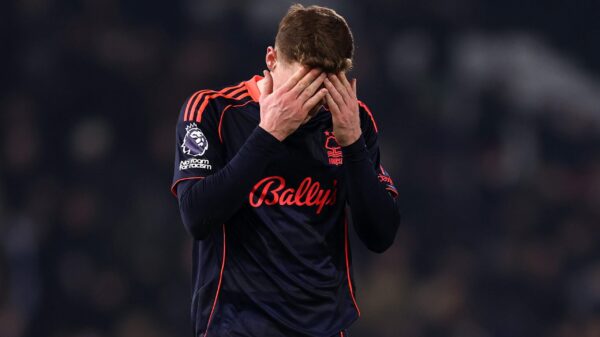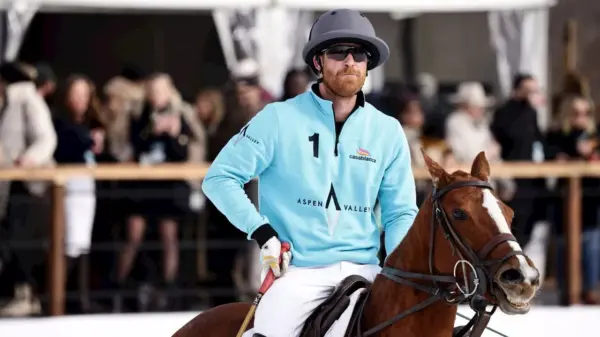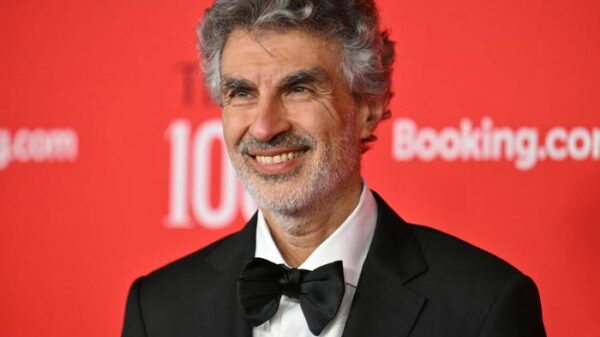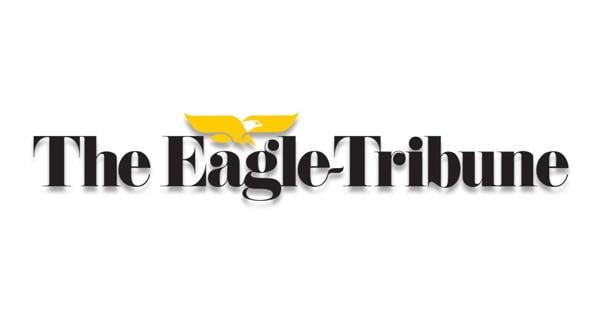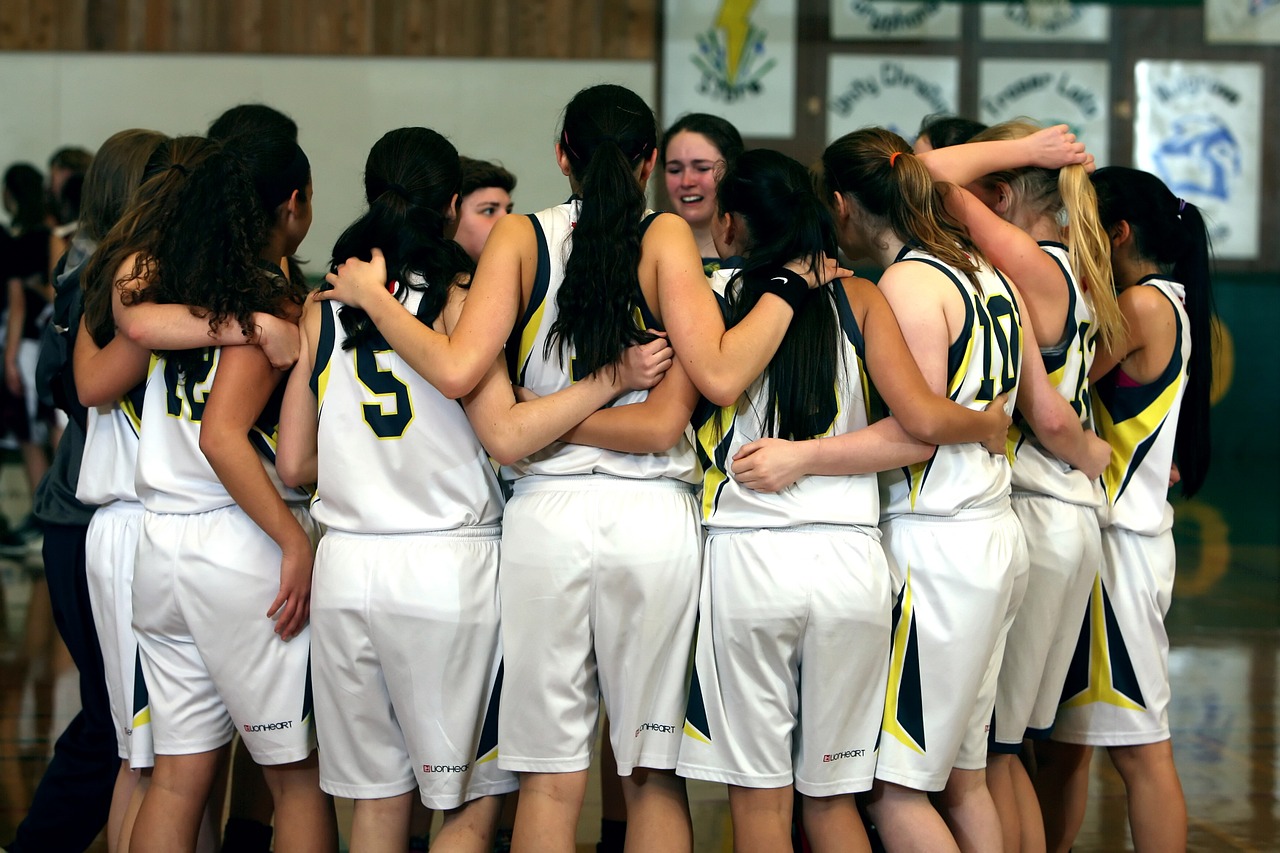The United Nations (UN) has called on member states to take decisive action in addressing the gender gap in sports, emphasizing the need for greater investment in women athletes’ rights. In a speech delivered on July 17, 2024, UN High Commissioner for Human Rights Volker Türk highlighted the ongoing disparities faced by female athletes despite increasing global visibility of women’s sports.
Türk pointed out that significant inequalities remain, indicating that women athletes do not enjoy the same rights and opportunities as their male counterparts. For instance, female football players in top-tier clubs earn an average salary ranging from $10,900 to $24,000, while their male counterparts earn approximately $1.8 million per year. This financial disparity has serious implications for the careers of women in sports.
Addressing Discrimination and Inequality
The commissioner noted that women are underrepresented in leadership positions across sports organizations, clubs, and governing bodies. Moreover, they face fewer opportunities and receive less media coverage compared to male athletes. Türk stressed that discrimination persists, with athletes of African descent often subjected to racist narratives, hate speech, and abuse, both online and offline. He emphasized that these challenges create barriers that hinder women’s progress in sports.
“We need to dismantle these barriers to foster a world of sport that embraces women’s diversity, where they are treated as equals in terms of pay and value,” Türk stated.
In his address, Türk urged member states to implement comprehensive anti-discrimination policies and laws. He highlighted the necessity for measures that not only prevent violence and harassment against female athletes but also ensure thorough investigations into any reported incidents. The role of sports organizations, particularly those managing major sporting events, is crucial in promoting equality. These entities must align their operations with the principles established by the UN, which call for evaluating how their activities may impact women’s rights and mitigating potential risks.
Economic and Social Impact of Sports
Türk reiterated that sports can drive social and economic change, underscoring the importance of creating an equitable environment that offers equal opportunities for women and girls globally. This aligns with findings from the Equal Pay International Coalition (EPIC), which revealed that male athletes earn about 21 times more in playing salaries than their female counterparts. The disparities extend beyond football, with further examples evident in cricket.
Reports from the Cricket Association of Nepal (CAN) indicated significant salary gaps between the men’s and women’s national cricket teams for 2024. One of the primary reasons identified for this pay disparity is the lack of women in governance structures at both national and international levels, which limits their participation in decision-making processes within the sports sector.
The UN’s call for action is a reminder of the pressing need for systemic change in sports to ensure gender equality. By addressing these gaps and promoting women’s rights in athletics, member states can contribute to a more equitable sporting landscape that benefits everyone.

